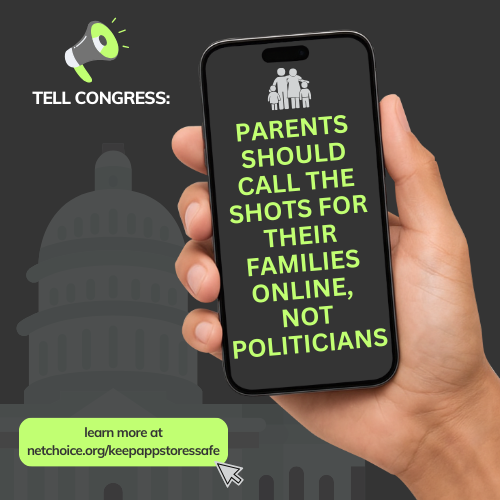A watchdog had to sue to see how the Center for Tobacco Products is spending hundreds of millions of dollars.
Joe Biden administration’s Food and Drug Administration (FDA) funneled hundreds of millions of dollars in user fees to public relations firms, NGOs, and universities, according to a new report by the nonpartisan watchdog Protect The Public’s Trust (PPT), obtained exclusively by the Washington Reporter. PPT told the Reporter that it had to go to court to obtain the expenditures.
The FDA’s Center for Tobacco Products (CTP) sets performance standards and reviews premarket applications for new tobacco products. CTP is funded by user fees, which are fees charged to companies and other organizations that participate in certain programs or regulated activities.
The CTP’s reliance on user fees “puts not just its appropriations but its expenditures outside the oversight of congressional and private watchdogs,” PPT’s director, Michael Chamberlain, told the Reporter. “This would not be a problem if CTP were adhering close to its mission. However, CTP has been smacked down by multiple courts for shirking its duties to evaluate and approve applications to sell vaping products.”
“Hundreds of thousands of applications from legitimate manufacturers lay in purgatory while illegal Chinese vapes flood the market to the tune of $3.5 billion per year,” he said. “Meanwhile, CTP has spent more than a half-billion dollars with a single PR firm in the last few years… Even after the lawsuit, FDA continued to stall, claiming confusion about the requests. After months of delay, the agency provided a list of user fee recipients and amounts.”
The largest recipient of funds from the CTP overall, at $500 million, was True North Communications, a partnership between global PR firm FCB Global’s New York component and Rescue. Other advertising firms received almost seven figures sums as well. Competitive marketing data company Comperemedia Inc received $950,000, while other, smaller agencies received smaller sums.
“PPT submitted FOIA requests to get at CTP’s expenditures,” Chamberlain said. “We were forced to go to court to obtain them. Even after the lawsuit, FDA continued to stall, claiming confusion about the requests. After months of delay, the agency provided a list of user fee recipients and amounts.”
Other recipients of funds include Deloitte, which raked in over $64 million, the California Department of Public Health, which received over $13 million, and the University of Kentucky, which received over $8 million, according to the hundreds of pages of disbursements obtained by PPT.
“The FDA seems to be in the thrall of anti-nicotine special interest groups and attempting to convince the American public what a fantastic job it is doing, while ignoring both the threats from black market products and the benefits of harm-reduction strategies,” PPT wrote in a report. “By sharing resources including personnel and funding with activist organizations, the FDA is neglecting its statutory obligations to regulate the tobacco industry in a manner that is efficient, lawful, and objective. The FDA’s actions, and inaction, constitute a concerning mix of waste, fraud, and abuse, all at the expense of the public’s health and welfare. If the public health bureaucracy seeks to improve its image and credibility with the American people, this FDA and CTP, in particular, demonstrate how not to achieve that goal.”
Chamberlain told the Reporter that “the public health bureaucracy has, sadly, experienced a devastating but well-deserved loss of trust with the American public. The activities at CTP are emblematic of the reasons for that. They operate largely bereft of transparency and, in this case, when they finally did respond to what we believed was a pretty straightforward request, it became evident why. New leadership looking to reform and restore trust at HHS and FDA would do well to look at CTP as a good place to start.”
